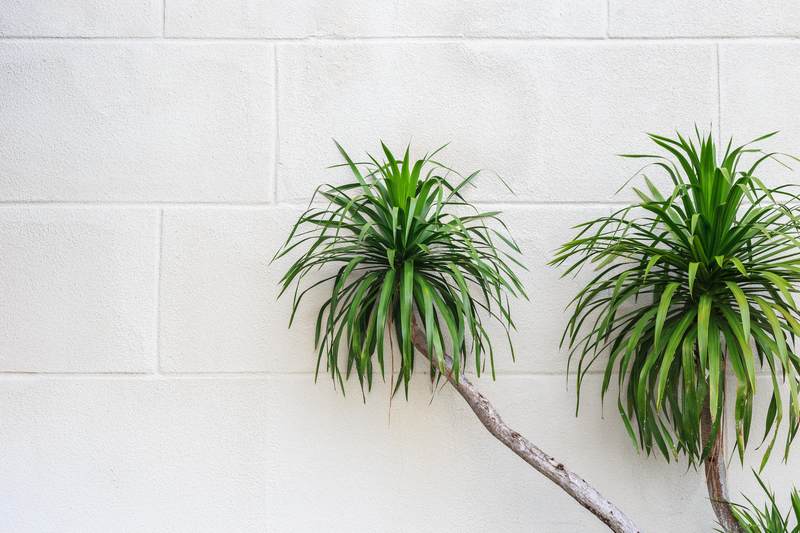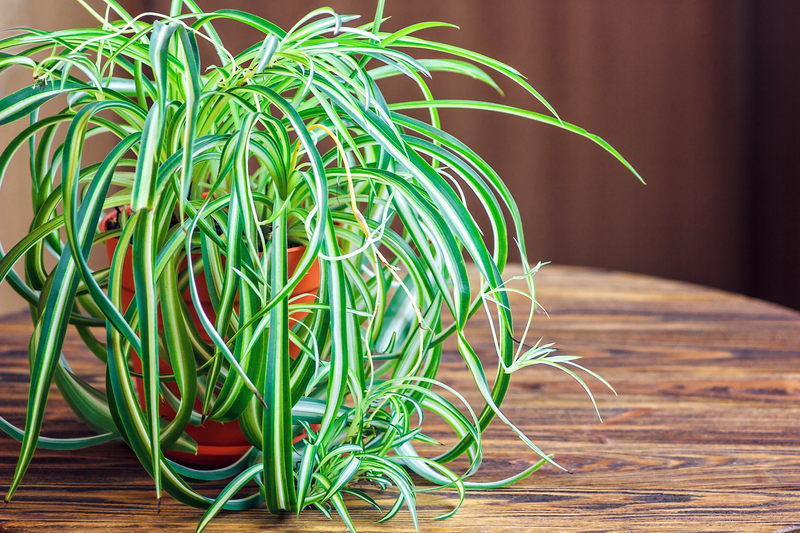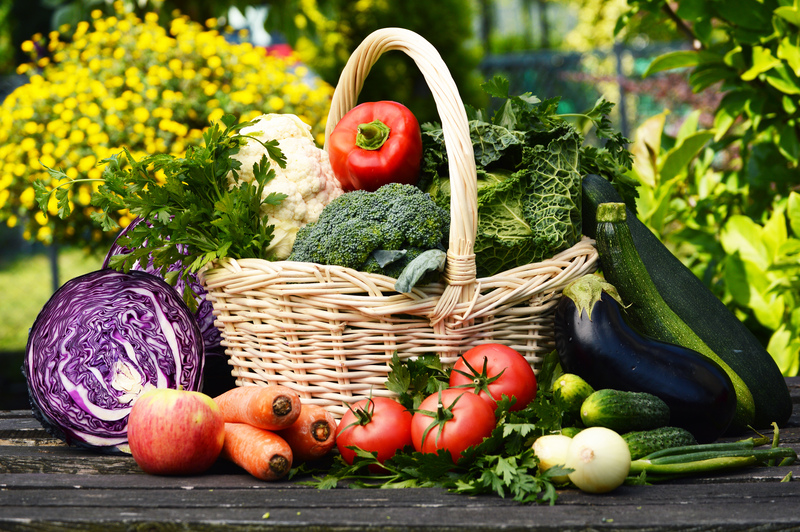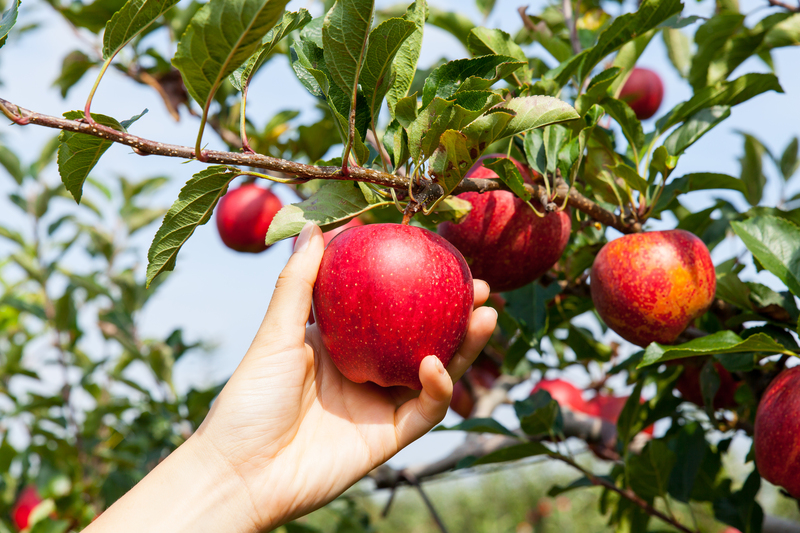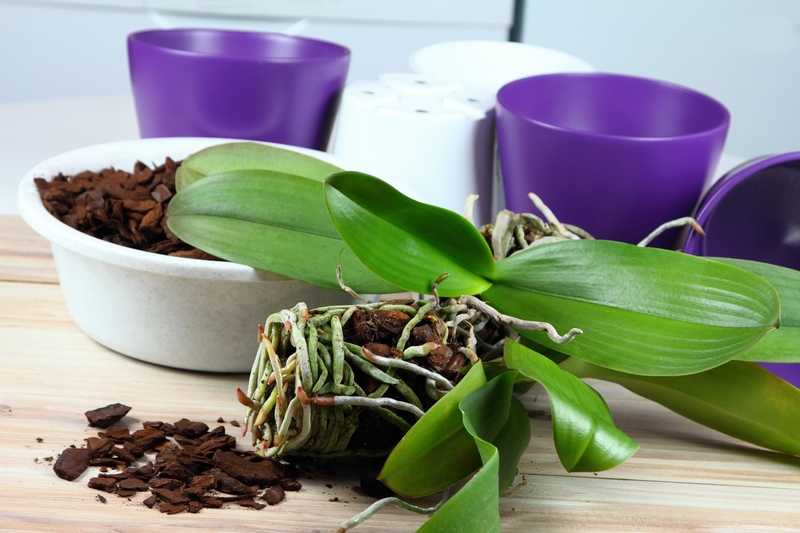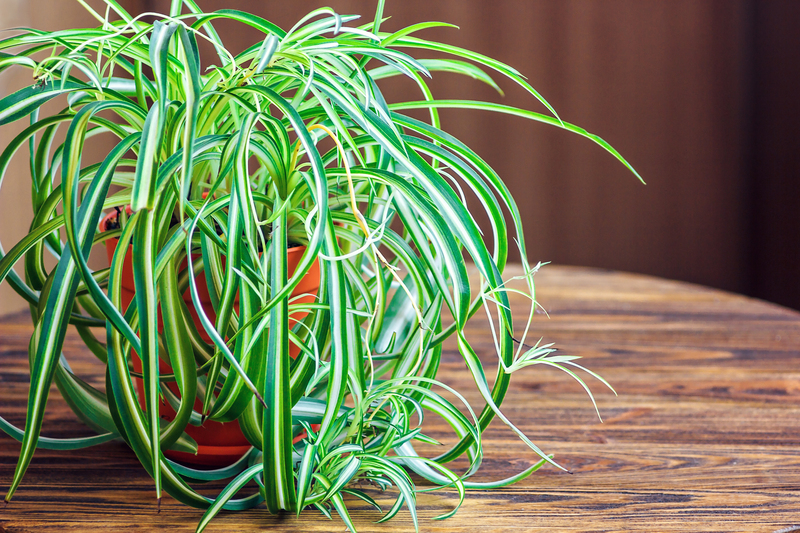Landscape Gardeners: Crafting Beautiful Outdoor Spaces
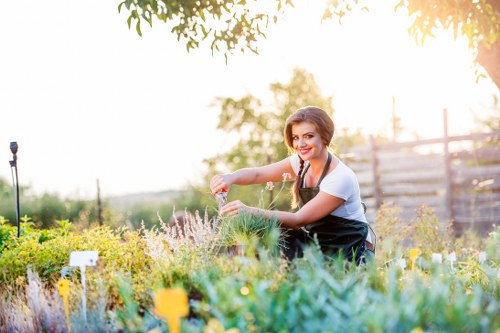
Landscape gardeners play a pivotal role in designing and maintaining the outdoor environments that enhance our living spaces. From private gardens to expansive public parks, these professionals combine artistry and horticultural expertise to create visually stunning and sustainable landscapes. Understanding the multifaceted responsibilities and skills of landscape gardeners can help homeowners and businesses appreciate the value they bring to any project.
One of the primary tasks of a landscape gardener is to assess the site and develop a comprehensive plan that aligns with the client’s vision and the environmental conditions. This involves selecting appropriate plants, hardscape materials, and design elements that will thrive in the specific climate and soil type. Additionally, landscape gardeners must consider factors such as sunlight exposure, water availability, and maintenance requirements to ensure the long-term health and beauty of the garden.
Effective communication is essential for landscape gardeners. They must work closely with clients to understand their preferences, budget, and functional needs. This collaborative approach ensures that the final design not only meets aesthetic expectations but also serves practical purposes, such as creating spaces for relaxation, entertainment, or outdoor activities. By translating client ideas into tangible designs, landscape gardeners bridge the gap between imagination and reality.
Innovative landscape gardening professionals incorporate a variety of techniques and materials to achieve desired outcomes. From traditional gardening methods to modern sustainable practices, they are adept at using both organic and inorganic elements to create harmonious and resilient landscapes. Sustainable landscape gardening practices, such as xeriscaping and rainwater harvesting, are increasingly popular as they promote environmental stewardship and reduce resource consumption.
The use of native plants is a common strategy among landscape gardening experts. Native species are well-adapted to the local climate and soil conditions, making them more resilient to pests and diseases. They also support local biodiversity by providing habitats for pollinators and other wildlife. By incorporating native plants into their designs, landscape gardeners create ecosystems that are both beautiful and ecologically balanced.
Hardscaping is another crucial aspect of landscape gardening. This involves the installation of non-living elements such as pathways, patios, retaining walls, and water features. Hardscaping not only adds structure and functionality to a garden but also enhances its aesthetic appeal. Skilled landscape gardeners carefully select materials that complement the overall design, ensuring that hardscape elements blend seamlessly with the natural surroundings.
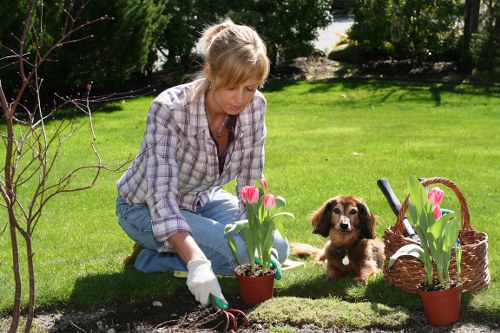
Maintenance is an ongoing responsibility for landscape gardeners. Regular tasks include pruning, weeding, mulching, and pest control to keep the garden healthy and attractive. Seasonal tasks such as planting bulbs in the spring or preparing the garden for winter are also essential to ensure year-round beauty and functionality. Landscape gardeners often develop maintenance schedules tailored to the specific needs of each garden, allowing for proactive care and timely interventions.
Technology has revolutionized the field of landscape gardening. Modern tools and software enable landscape gardeners to create detailed plans, visualize designs in 3D, and streamline project management. Automated irrigation systems and smart lighting solutions are examples of how technology enhances efficiency and sustainability in landscape projects. By embracing technological advancements, landscape gardeners can deliver high-quality results with greater precision and ease.
Education and continuous learning are vital for landscape gardeners to stay current with industry trends and best practices. Many professionals pursue certifications and attend workshops to enhance their skills and knowledge. Areas of study include horticulture, soil science, landscape design, and sustainable practices. By investing in their education, landscape gardeners ensure they are equipped to handle diverse projects and meet evolving client demands.
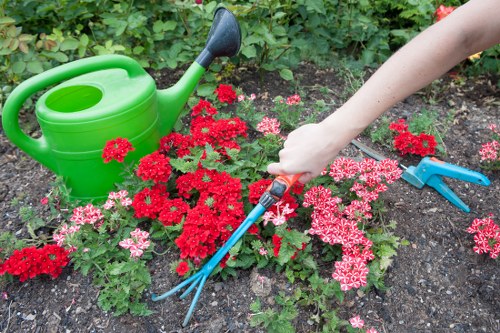
The impact of landscape gardeners extends beyond aesthetics. Well-designed outdoor spaces can improve mental health, increase property values, and contribute to environmental conservation. Green spaces provide a sanctuary for relaxation and recreation, offering a respite from the stresses of daily life. Additionally, thoughtful landscape design can mitigate environmental issues such as erosion, heat islands, and water runoff, promoting a healthier and more sustainable community.
Custom landscape solutions are tailored to the unique needs and preferences of each client. Whether creating a serene Japanese garden, a vibrant floral display, or a functional urban rooftop garden, landscape gardeners adapt their expertise to diverse styles and settings. This flexibility allows them to cater to a wide range of projects, ensuring that every client receives a personalized and meaningful outdoor space.
Professional landscape gardeners also collaborate with other industry experts such as architects, builders, and interior designers to create cohesive and integrated environments. This interdisciplinary approach ensures that outdoor spaces complement the overall design of residential and commercial properties, enhancing both form and function. By working in harmony with other professionals, landscape gardeners contribute to the creation of unified and aesthetically pleasing environments.
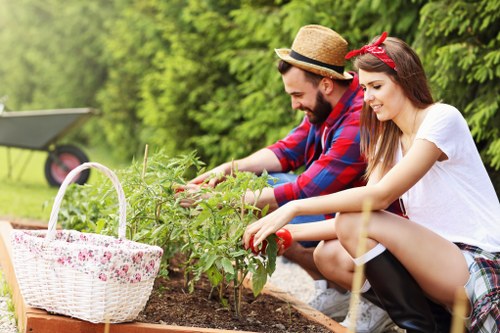
Innovation in landscape gardening is driven by the desire to push boundaries and explore new possibilities. Landscape gardeners experiment with unconventional plant combinations, innovative materials, and creative design techniques to produce unique and inspiring gardens. From vertical gardens and living walls to sustainable water features and interactive installations, the scope of landscape gardening continues to expand, offering endless opportunities for creativity and expression.
Community involvement is another dimension of landscape gardening. Many landscape gardeners participate in local projects such as community gardens, urban green spaces, and public park improvements. These initiatives foster a sense of community, promote environmental awareness, and provide valuable resources for residents. By contributing to communal spaces, landscape gardeners help build stronger, greener, and more connected communities.
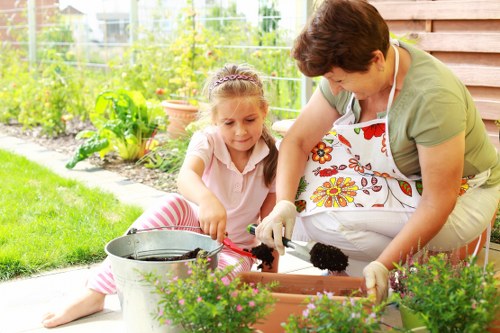
In conclusion, landscape gardeners are essential in shaping the environments that surround us. Their expertise in design, horticulture, and maintenance ensures that outdoor spaces are not only beautiful but also functional and sustainable. Whether working on a small residential garden or a large public park, landscape gardeners bring creativity, skill, and dedication to every project, enhancing the quality of life and the natural beauty of our communities.

